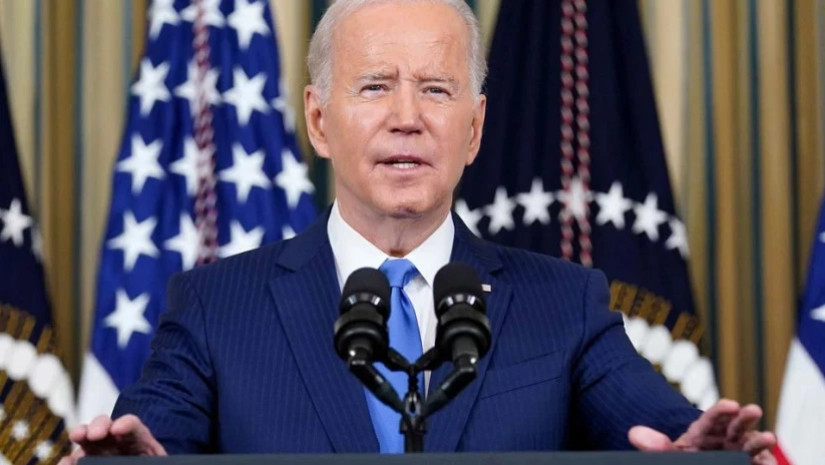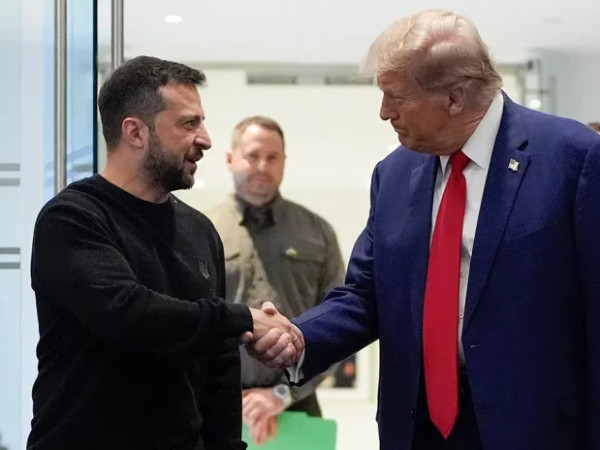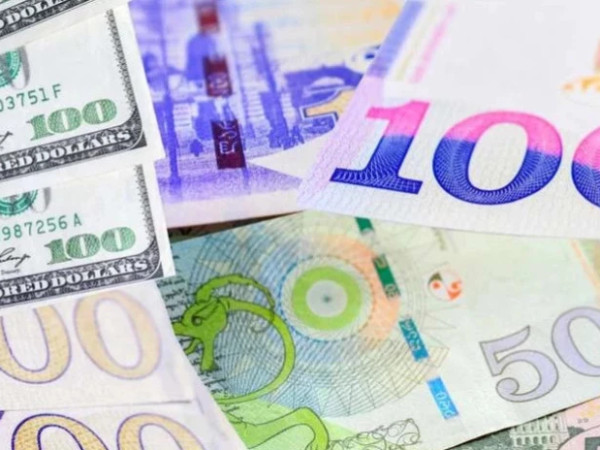President Joe Biden on Thursday doubled down on comments he made earlier this week likening Chinese President Xi Jinping to a dictator.
Asked about the comments during a joint press conference with Indian Prime Minister Narendra Modi at the White House, Biden said his blunt statements regarding China were “just not something I’m going to change very much.”
He made another indirect criticism of the Chinese system of government, saying that a fundamental reason he believes the U.S.-China relationship is not in the same place as the U.S.-India relationship "is that there’s an overwhelming respect for each other because we're both democracies.”
He downplayed the impact of his words on already tense U.S.-China ties and said he still expected to meet with Xi soon.
On Wednesday, a senior administration official said in a statement sent to VOA, “It should come as no surprise that the president speaks candidly about China and the differences that we have. We are certainly not alone in that.”
At a California fundraiser for his 2024 presidential campaign on Tuesday, Biden said Xi was taken by surprise when a suspected Chinese spy balloon drifted across the continental United States before the U.S. military shot it down in February.
“That’s what’s a great embarrassment for dictators, when they didn’t know what happened,” Biden said. “When it got shot down, he was very embarrassed. He denied it was even there.”
Biden’s “splashy designation of Xi as a dictator” just days prior to extending the honor of an official state visit to Modi was well-timed, said Michael Butler, associate professor of political science at Clark University.
While the Modi visit is “clearly indicative of the Biden administration’s grand strategy to court India as a counterweight to China,” the president’s remark can be seen “both as an attempt to highlight Indian democracy as well as, more cynically, to soft-pedal Modi's prominent assaults on it,” Butler said.
China’s Foreign Ministry hit back at the dictator remark, saying Biden’s comment had “seriously violated China’s political dignity and amounted to public political provocation.”


















